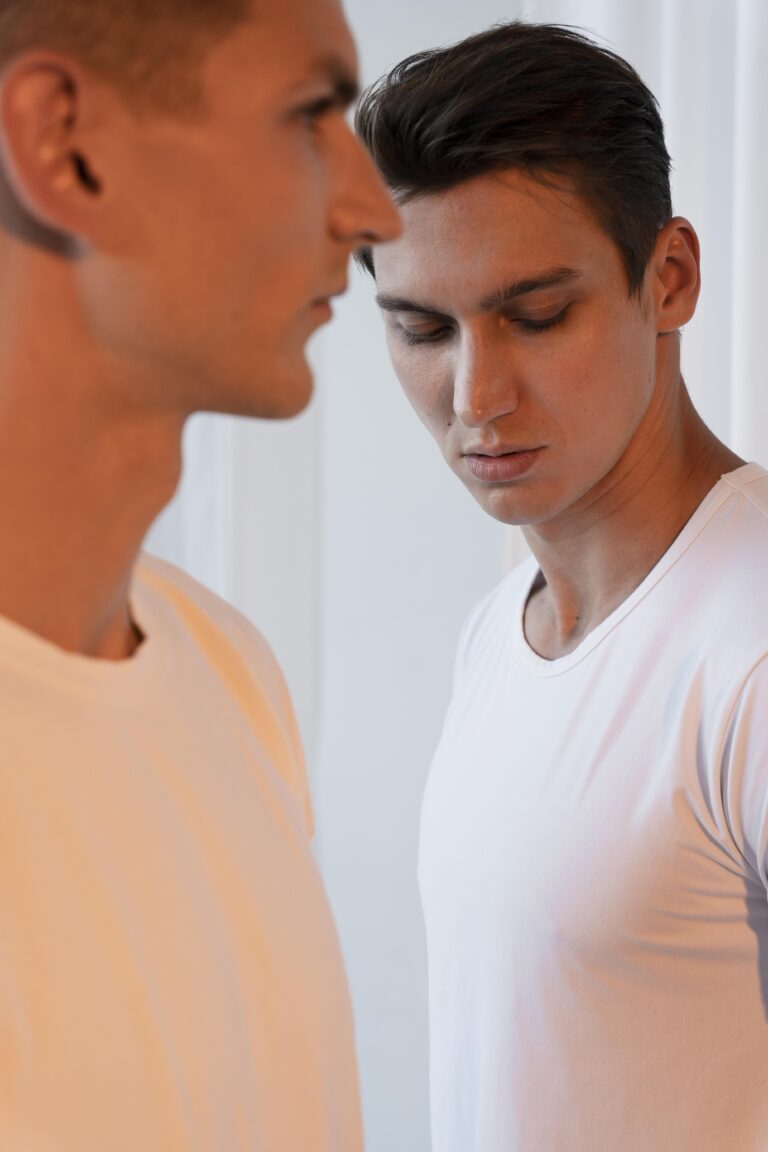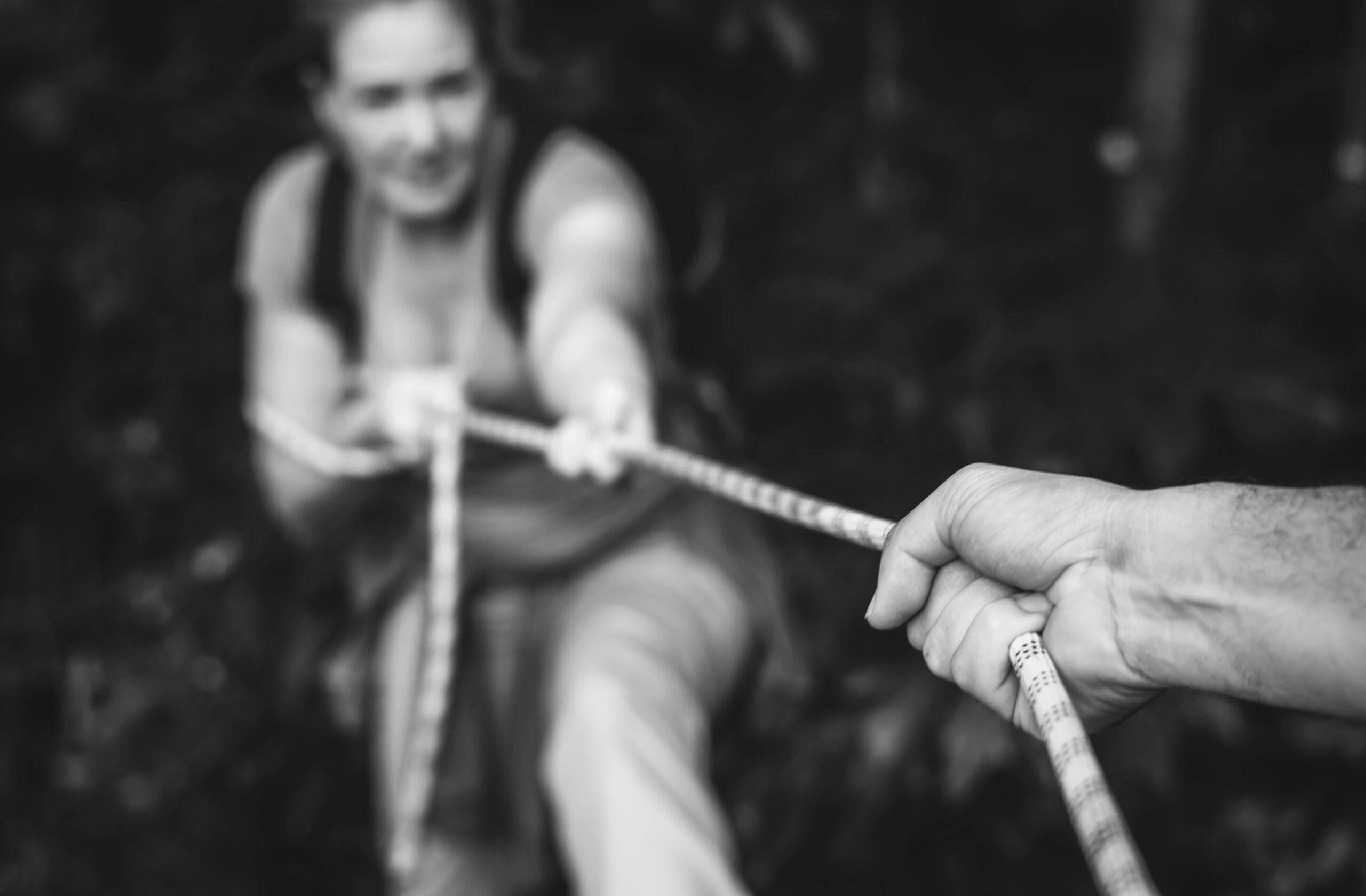Having experienced childhood sexual abuse and being gay, people often ask me if the trauma I experienced had any influence on my sexual orientation.
There is no definitive answer to this question. Personally, I have often wondered if it was a result of environmental factors, circumstances, genetics, hereditary influences, or a lack of emotional attraction to the opposite sex.
A new study led by researchers at Vanderbilt found that 83% of lesbian, gay, bisexual, and queer (LGBQ) individuals reported experiencing adverse childhood experiences such as sexual and emotional abuse. Additionally, these individuals reported worse mental health as adults compared to their heterosexual peers (https://news.vumc.org/2022/02/24/study-finds-lgbq-people-report-higher-rates-of-adverse-childhood-experiences-than-straight-people-worse-mental-health-as-adults/).
I began being sexually abused at 8 years old and continued until around age 11. It was then that I experienced what I now know to be referred to as “learned helplessness”, along with a feeling of total helplessness, severe panic, extreme fear, debilitating anxiety, and a feeling of total helplessness.
In my inner circle, there was an abuser that made it nearly impossible for me to escape or distance myself from the situation. As I entered adolescence, I struggled with fear, confusion, and insecurity. Despite being years removed from the abuse, I thought it was a thing of the past and that I had moved on. However, as an adult now living in Florida, my first intimate experience with a woman felt natural and exhilarating. It was unlike anything I had experienced with a man before. This leads me to believe that certain factors in my upbringing may have contributed to my sexual orientation. While this lifestyle has not been easy for me, the question remains: did my childhood sexual abuse play a role in shaping my sexual orientation?
As a survivor of childhood sexual abuse and a member of the LGBTQ+ community, I have often pondered the same question. Let us explore whether past trauma shapes our identity and sexuality as we take a reflective journey together. Whether childhood sexual abuse influences one’s sexual orientation is a complex and deeply personal question. Having dealt with both experiences, I have pondered the concept of causality versus correlation. It is important to acknowledge that sexuality is complex, influenced by a variety of factors beyond.
As natural as it is to seek explanations for our identities, reducing sexual orientation solely to past trauma overlooks the intricate nature of human sexuality. In my own story, the aftermath of abuse intertwined with societal expectations and personal exploration shaped my understanding of myself as a gay individual. Trauma and identity intersect in shades of gray, rather than black and white.
When exploring these intricate intersections between trauma and identity, let’s approach this subject with empathy, respect for diverse experiences, and a willingness to embrace the complexity inherent in each individual’s journey.
Having experienced childhood sexual abuse, I’ve wrestled with the question of whether it affected my sexual orientation. The experience was traumatic and confusing, leaving me feeling helpless.
As a child, I found myself drawn to both masculine and feminine qualities. Dating guys seemed the norm, but intimate relationships felt unsettling. It wasn’t until much later that I had an encounter with a woman that felt natural and fulfilling.
Defining sexuality by one event or experience alone is difficult. My understanding of my own sexual orientation has been shaped by various factors, including past trauma.
There’s no simple answer to how childhood abuse and sexual orientation intersect. I’ve often questioned whether my experience of molestation influenced my identity as a survivor of childhood sexual abuse and a member of the LGBTQ+ community. The truth is sexual orientation is complex and influenced by multiple factors. My childhood experiences undoubtedly shaped who I am today, but attributing trauma as the sole cause of my sexual orientation would be oversimplifying.
It’s crucial to prioritize self-acceptance and understand that our identities are multidimensional. Whether childhood sexual abuse played a role in shaping one’s sexuality or not, healing and self-love are essential. Embracing one’s authentic self, despite life’s challenges, is a beautiful journey, and each person’s path to self-discovery and acceptance is unique.
Let your truth shine brightly as a beacon of strength for those navigating similar paths. You’re valid just as you are—brave, resilient, and deserving of love and respect. Remember, on this journey to wholeness, you are never alone. Accept your story with compassion and know that support surrounds you.




